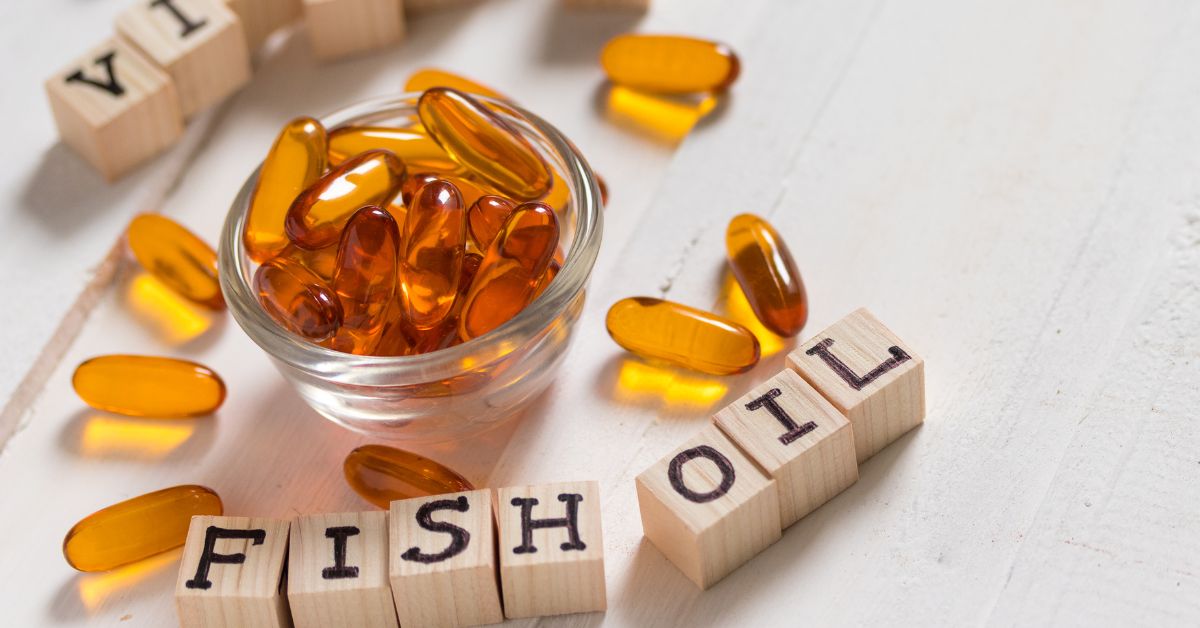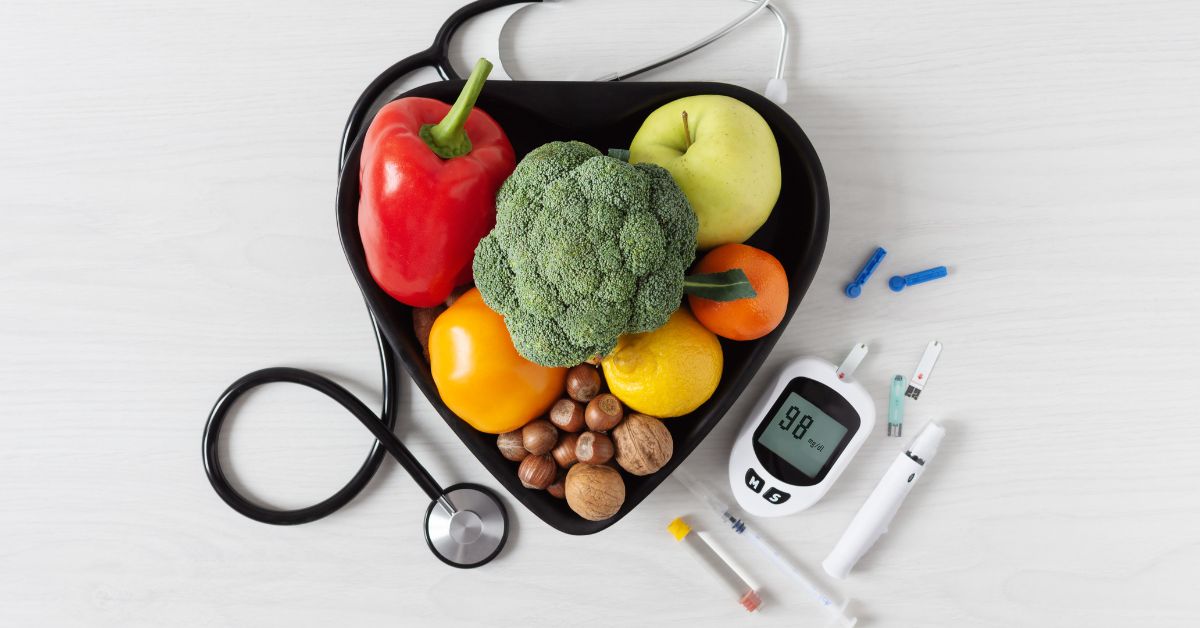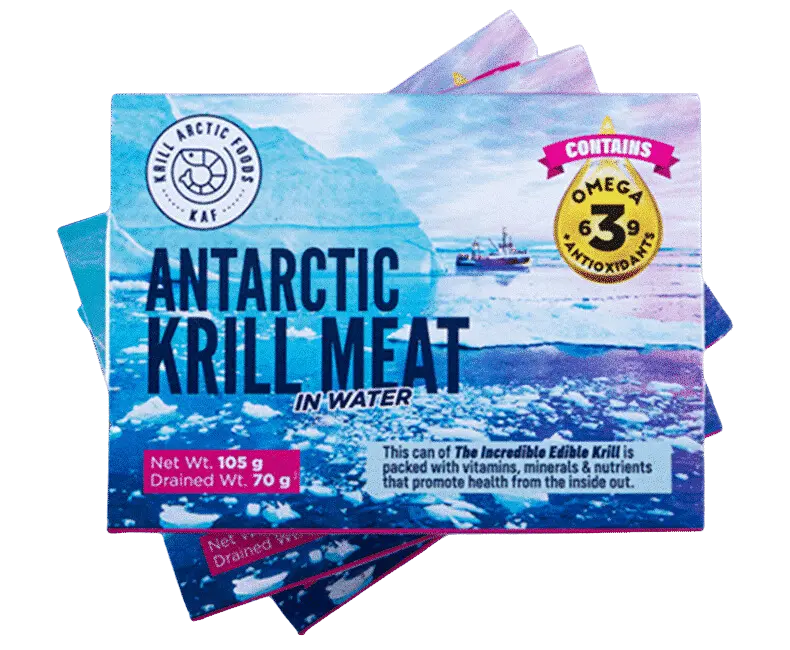- Home /
- Can Stress Cause High Cholesterol? Exploring the Link

Posted On:February 13th, 2024
Can Stress Cause High Cholesterol? Exploring the Link
Stress is an integral part of modern life, affecting nearly everyone at some point. When our body is under stress, it releases cortisol and adrenaline, hormones that trigger the fight or flight response. These hormonal changes can increase fatty acids and glucose in the bloodstream, giving the body a temporary energy boost. Consistently elevated levels of these substances due to chronic stress can contribute to plaque buildup in the arteries, known as atherosclerosis, and higher cholesterol levels over time.
Link Between Stress And High Cholesterol
Stress can contribute to high cholesterol levels, a connection increasingly recognized by medical research as one can see the signs of high cholesterol on the face. The relationship between stress and cholesterol is multifaceted, involving both direct and indirect mechanisms:
Hormonal Changes
Chronic stress prompts the release of stress hormones, cortisol, and adrenaline, to prepare the body for a “fight or flight” response. These hormones can increase the liver’s production of cholesterol and triglycerides, which are then released into the bloodstream. When cortisol levels in the body remain high for a long time, it can cause an increase in total cholesterol, LDL (low-density lipoprotein or “bad” cholesterol), and triglycerides while potentially decreasing HDL (high-density lipoprotein or “good” cholesterol).
Unhealthy Lifestyle Choices
Stress often drives individuals towards unhealthy habits that can indirectly raise cholesterol levels. For example, people under stress may consume diets higher in saturated fats and sugars, skip physical activities, smoke, or drink alcohol excessively. These unhealthy behaviors can contribute to weight gain and negatively impact cholesterol levels and overall heart health.
Impact on Metabolism
Stress can also affect the body’s metabolism, including how it processes fats, potentially leading to increased fat storage and higher cholesterol levels. The combination of hormonal changes and altered metabolic responses under stress can exacerbate the risk of developing cardiovascular diseases.
Tips To Manage Stress
Managing stress is crucial in maintaining mental well-being and physical health, including keeping cholesterol levels in check. Here are practical strategies for managing stress to help avoid high cholesterol:
Regular Physical Activity
Daily exercise plays a crucial role in managing stress and cholesterol levels. Activities like walking, jogging, cycling, or yoga can help reduce stress hormones, improve mood by releasing endorphins, and positively impact cholesterol by increasing HDL (good) cholesterol levels.
Tip: Aim for at least 30 minutes of moderate-intensity exercise most days of the week.
Healthy Eating Habits
A diet rich in fruits, vegetables, whole grains, high proteins, and omega-3 fatty acids can help manage stress and improve heart health.
Tip: Incorporate stress-reducing foods like leafy greens, which contain magnesium, a mineral that can help with relaxation.
Mindfulness and Meditation
Mindfulness and meditation are effective ways to decrease stress levels. These techniques include deep breathing, guided imagery, and mindfulness-based stress reduction (MBSR). They can help calm the mind and reduce the body’s stress response.
Tip: Dedicate a few minutes daily to meditation or deep breathing exercises.
Adequate Sleep
Poor sleep can exacerbate stress and negatively impact cholesterol levels. Sleeping 7-9 hours of quality sleep can help manage stress and support overall heart health.
Tip: Improve your sleep quality by establishing a regular sleep schedule and relaxing bedtime routine.
Social Support
Strong social connections are vital for managing stress. Spending time with friends and family or joining support groups can provide emotional support and help alleviate stress.
Tip: Make an effort to connect with loved ones regularly, whether in person or through virtual means.
Time Management
Effective time management can reduce stress by preventing the feeling of being overwhelmed. Prioritizing tasks, setting achievable goals, and taking breaks can help manage stress.
Tip: Use planners or digital tools to organize your tasks and commitments.
The Role Of Krill Oil And Krill Meat In Managing Cholesterol And Stress
Krill oil and krill meat significantly manage stress and high cholesterol, offering a natural approach to enhancing physical health and mental well-being. These sources are rich in omega-3 fatty acids, particularly EPA (eicosapentaenoic acid) and DHA (docosahexaenoic acid), known for their cardiovascular benefits and potential stress-reducing properties.
Managing High Cholesterol with Krill Oil and Krill Meat
Improvement in Lipid Profiles
Krill oil helps to manage cholesterol as it has helpful omega-3 fatty acids that decrease the blood’s bad cholesterol (LDL) and triglyceride levels. At the same time, it can increase the good cholesterol (HDL). This balance is important because it can prevent plaque buildup in the arteries and decrease the chance of heart disease.
Anti-inflammatory Effects
Cardiovascular diseases can be caused by chronic inflammation. Krill oil contains anti-inflammatory properties that can help reduce inflammation, potentially lowering the risk of atherosclerosis and other heart-related conditions.
Antioxidant Content
Krill oil is a powerful substance called astaxanthin. Astaxanthin is like a superhero fighting against harm caused by free radicals, which can damage our cells. By protecting our cells, astaxanthin in krill oil can help prevent atherosclerosis, which occurs when our blood vessels get blocked and cause heart problems.
Managing Stress With Krill Oil And Krill Meat
Omega-3 Fatty Acids and Brain Health
EPA and DHA play crucial roles in brain health, affecting mood, cognitive function, and stress response. When you consume enough omega-3s, it can help you feel better and reduce symptoms of depression and anxiety. These symptoms are often linked to high levels of stress.
Cortisol Regulation
Preliminary studies suggest that omega-3 fatty acids can help regulate cortisol levels, a hormone associated with stress. By modulating cortisol, krill oil may aid in managing the body’s stress response.
Improvement in Sleep Quality
Stress can make it tough to sleep well, leading to even more stress. Omega-3 fatty acids have been found to help people sleep better and longer. They’re linked to more restful sleep and better sleep quality. Better sleep can help reduce stress levels and its impact on cholesterol.
Recipe Ideas with Krill
Conclusion
Stress can contribute to high cholesterol levels through hormonal changes and unhealthy lifestyle habits. Managing stress through mindfulness practices, exercise, and adequate sleep can help mitigate these effects. Additionally, incorporating krill oil and krill meat into your diet offers a natural way to manage cholesterol levels, thanks to their high content of omega-3 fatty acids and antioxidants. By understanding the link between stress, cholesterol, and the benefits of krill products, individuals can make informed choices to support their heart health and overall well-being.
Frequently Asked Questions
Can Psychological Stress Alone Cause High Cholesterol?
Psychological stress alone is unlikely to cause high cholesterol. However, it can lead to behaviors and physiological responses that might contribute to an increase in cholesterol levels.
How Significant Is The Role Of Diet In Stress And Cholesterol Levels?
Diet plays a significant role. Foods high in saturated fats and sugars can exacerbate the effects of stress on cholesterol levels. A diet rich in fruits, vegetables, whole grains, and lean proteins can counteract these effects.
Related Posts
Shop
Products You May Like
Lorem Ipsum is simply dummy text of the printing and typesetting industry
m Ipsum is simply dummy text of the printing and typesetting industry.









